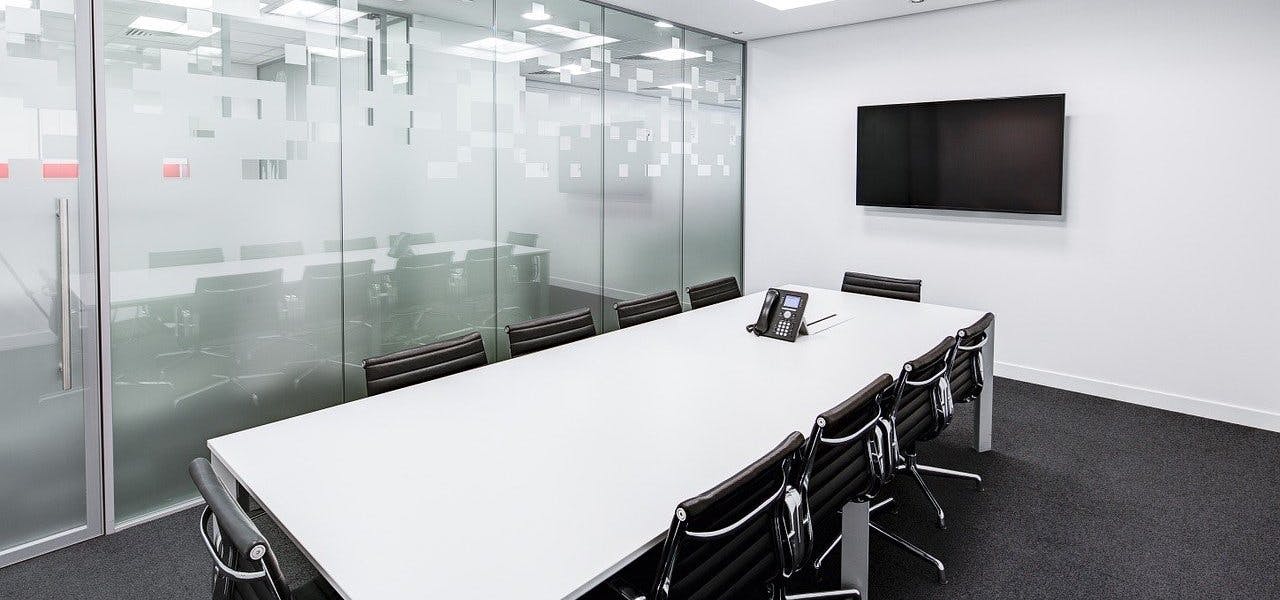First hand, or primary research, is the most valuable and sought after research for academics in their respective field. Being an academic means pushing the envelope and coming up with new ideas or hotly debating the ways in which your research contributes to a subject wide discipline. Academics want to get noticed for their own cutting-edge research, which means coming up with new ways to engage with their research subjects, no matter the cost.
One of the most valuable ways to get primary research is to conduct interviews on stakeholders of an issue area, individuals in a community you are studying or plan on studying, or conducting an interview with someone who was adversely impacted by a political, economic or social situation of which is part of your research design.
It is not always easy, however, for the subjects, academics wish to talk to want to talk to them, and getting in the door for an interview with a subject is hard, and strategic work.
Some of the obstacles that can result from trying to get an interview a subject include:
- Distance—the subject lives in another country and there are various risks that need to be taken to get an in-person interview
- Money—The interviewer will have to pay out of pocket to travel and meet their interviewee, including hotel fees and other transport and logistical fees
- Timing—The window of time the interviewee is available does not match the time the researcher/academic has available
- Skepticism—The subject is skeptical on the interviewers purpose, making their job of setting up times to talk difficult and counterproductive
Getting there
However, if all of the hurdles are jumped and the interviewer does make it to interview their subject wherever they are in the world, this experience can lead to great research insights and the gaining of potentially new information that is invaluable to the researcher and their field.
Being strategic, calm, and thankful for your interviewees time is probably the first thing you should do if you’re a researcher meeting up with a subject. It’s important to agree on a meeting place, and if you’re travelling you’ll need to open to the possibilities of meeting in a café or public gathering place and not in a studio.
Having a defined set of questions is crucial for arriving to the interview, but its not absolutely necessary. It depends on how many interviews you have given in the past, what you are comfortable talking about with your subject, but also making the conversation flow and making your interviewee pleased with the process. If you are able to make the interview flow organically, and let the interviewee express their thoughts and opinions on a matter, you will almost always gather more data and have more information disclosed to you.
Technological Efficiencies
For the purpose of cutting costs and efficiencies with time management, inviting an interviewee to do a remote interview might seem awkward but can also turn out to be a revealing experience. There is nothing like the in-person interview with the ambiance of a new background in someone else’s community, and these experiences transform the interview process entirely. But sometimes if this is not possible then the next best option is to go for an online, or remote interview which can still generate impressive results.
Podcast interviews do this quite well, and if there is one way to conduct a great interview, its through podcast sessions as this technology is not in its early adoption phase anymore and has a critical mass of people everywhere who are familiar with podcasts.
Further, as podcasts have come into the mainstream, there is now a plethora of podcasts on subjects from literature to physics—usually in the form of a podcast host and an expert in the desired field of study. This dynamic creates a platform where listeners can also weigh in on the subjects and reach out to academics who become “noticed” through this medium.
